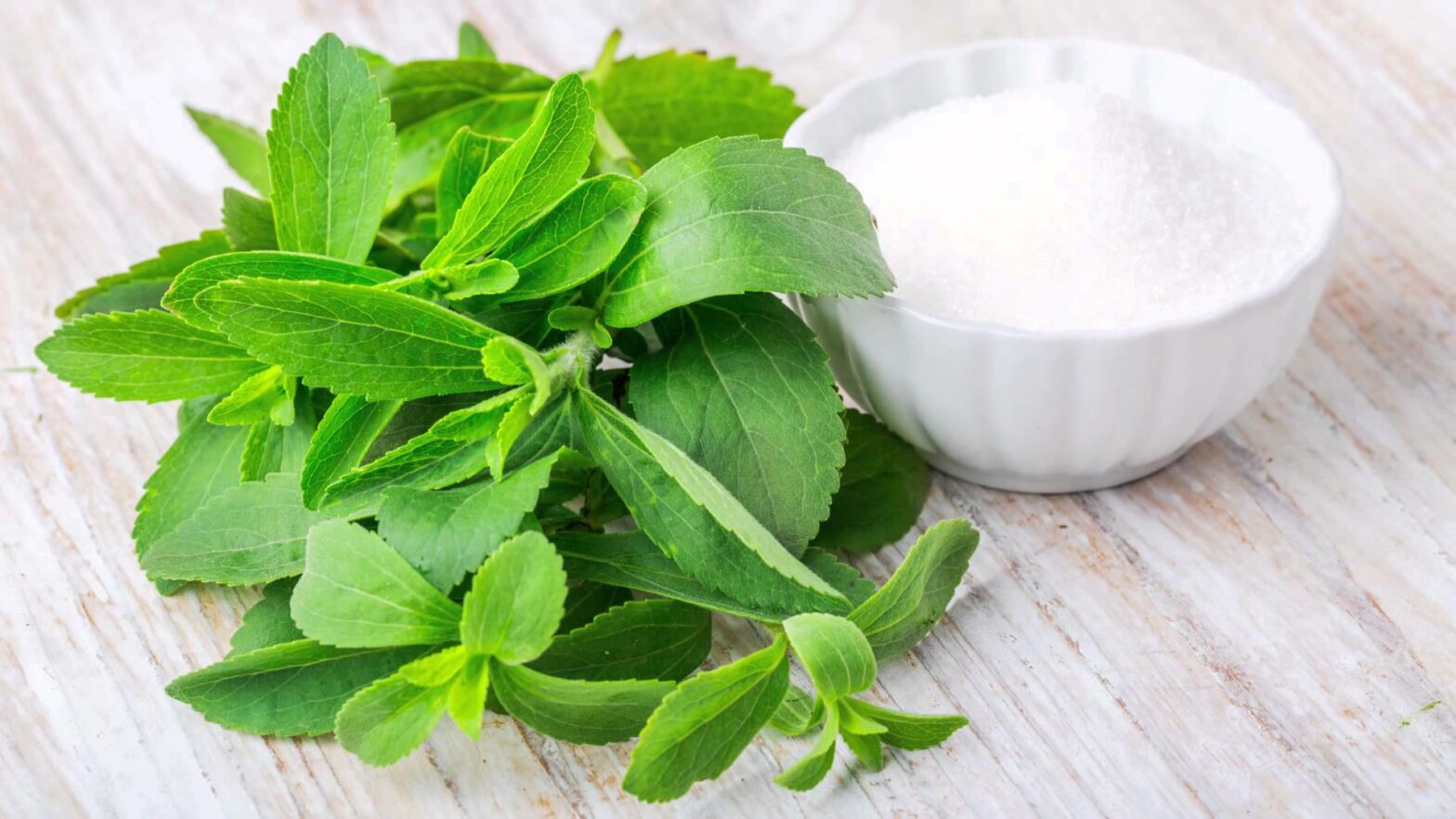Truvia is a popular sugar substitute that has gained significant attention in recent years. Marketed as a natural alternative to traditional sugar, Truvia is derived from the stevia plant, a member of the sunflower family native to South America. It is known for its intense sweetness and low calorie content. However, there is ongoing debate about whether Truvia is a good or bad choice for individuals looking to reduce their sugar intake. In this comprehensive guide, we will delve into the potential benefits and drawbacks of Truvia to help you make an informed decision.
Benefits of Truvia:
- Reduced Calorie Intake: One of the main advantages of Truvia is its low calorie content. Compared to sugar, which contains about 16 calories per teaspoon, Truvia is virtually calorie-free. This makes it an attractive option for individuals seeking to manage their weight or reduce overall calorie consumption.
- Suitable for Diabetic Individuals: Truvia has a negligible impact on blood sugar levels, as it does not contain any carbohydrates. This makes it a viable alternative for individuals with diabetes or those monitoring their blood sugar levels. However, it is always advisable to consult a healthcare professional before making any significant dietary changes.
- Natural Origin: Truvia is derived from the stevia plant, which is known for its sweet-tasting leaves. Unlike artificial sweeteners, Truvia is considered a more natural option due to its plant-based origin. This may be appealing to those who prefer to avoid synthetic additives in their diet.
- Dental Health: Since Truvia does not contain sugar, it is less likely to contribute to tooth decay and cavities. This is an important consideration for individuals concerned about their oral health.
Drawbacks of Truvia:
- Taste and Texture: While Truvia is touted as a sugar substitute, its taste and texture may not be identical to that of sugar. Some individuals find Truvia to have a slightly bitter or metallic aftertaste, which can be off-putting. It is recommended to try a small amount of Truvia before incorporating it into recipes or beverages to determine personal preference.
- Processing Methods: Despite being derived from the stevia plant, the production of Truvia involves extensive processing. The leaves of the stevia plant undergo a complex extraction process, where they are purified and chemically treated to obtain the sweet compound called steviol glycosides. Critics argue that the extensive processing involved in Truvia’s production diminishes its claim as a natural alternative.
- Potential Side Effects: While Truvia is generally recognized as safe by regulatory bodies such as the U.S. Food and Drug Administration (FDA), some individuals may experience mild digestive issues, such as bloating or gas, when consuming large amounts. Additionally, there is limited research on the long-term effects of Truvia, and more studies are needed to fully understand its impact on health.
Individual Sensitivity: As with any food or food additive, individual sensitivity and tolerance may vary. Some people may experience allergic reactions or other adverse effects when consuming Truvia. It is essential to monitor your body’s response and discontinue use if any negative symptoms arise.
Making an Informed Decision:
- When considering whether Truvia is a good or bad choice for your dietary needs, it is crucial to evaluate your specific circumstances and goals. If you are looking to reduce your overall calorie intake, manage blood sugar levels, or improve dental health, Truvia may be a suitable option. However, it is essential to keep in mind the potential taste differences, the processing methods involved, and individual sensitivities.
- It is also worth noting that incorporating whole, unprocessed foods into your diet is generally recommended for optimal health. While Truvia can be a helpful tool in reducing sugar intake, it is advisable to prioritize a balanced and varied diet rich in fruits, vegetables, whole grains, and lean proteins.
- In conclusion, Truvia can be a beneficial sugar substitute for many individuals, offering reduced calorie content and a natural origin. However, it is essential to be aware of potential taste differences, the processing methods involved, and individual sensitivities. As with any dietary change, it is advisable to consult with a healthcare professional or registered dietitian to determine the best approach for your specific needs and goals.
- The 8 Best Vegan Yogurts Around - July 12, 2023
- Truvia: Good or Bad? - July 12, 2023
